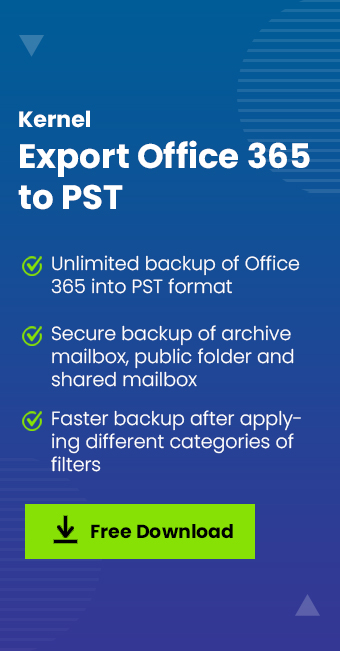Read time: 4 minutes
There is only a blurry line to differentiate between cloud storage and cloud backup. Cloud platforms have become very common in major organizations because it allows teams to work remotely, a major growth spurt for virtual businesses. And many businesses are using both cloud storage and cloud backup services because of their flexibility, availability, and ease of use.
In this blog, we shall understand the meaning of cloud-to-cloud backup, its difference with the cloud storage, and how these two facilities can be used. The word ‘cloud’ or ‘cloud computing’ refer to the on-demand delivery of computing resources and services on the internet. It is a pool of data and services which can be accessed via the web. Everything works on the web without any on-premises IT infrastructure.
What is Cloud-to-Cloud Backup?
Cloud-to-cloud backup is a technical term used for storing business-critical data in cloud-based environments to prevent any data loss during unfavorable times. It provides a backup service by storing data on cloud platforms such as Amazon, AWS, Google Cloud, Office 365, etc.
Cloud-to-cloud backup is easier than the traditional backup methods as it does not require any additional hardware; and backups can be accessed from anywhere with an internet connection, saving unnecessary backup expenses
What is Cloud Storage?
Cloud storage is an online service provided by third-party service providers to store and share data online. All the stored files are managed online and can be accessed from anywhere. You can store all the files, photos, videos, and other important documents in a centralized location- the cloud. The cloud storage provider provides all the backend support and is responsible for all the services. Some of the major cloud storage service providers are Google Drive, Microsoft OneDrive, Amazon Cloud, etc.
Features of Cloud Storage
- All the files are stored in one centralized location and can be accessed from anywhere.
- Cloud services are very flexible and can be customized as per the requirements.
- Data can be shared among multiple users at zero cost.
- It provides updates and the latest features.
What is Cloud Backup?
Cloud backup is an automatic data backup service where all the files, applications, and documents, are stored in virtual servers to save them from disastrous situations. Cloud backup can be accessed from virtual locations and shared among multiple cloud users at no additional cost. It creates a copy of your data where the primary data is still located in your desired location, but the secondary data is stored in the cloud. You can customize the cloud backup service as per your requirement, where you can set a fixed backup schedule, add or delete files and control the given bandwidth.
Common Features of Cloud Backup
- It works automatically in the background without hampering the normal functioning of the system.
- All the files are encrypted before being uploaded to the cloud.
- You have complete control over the data and can customize the backup schedule and timing as per your requirement.
What is the Difference Between Cloud Storage and Cloud Backup?
People often get confused with the terms cloud storage and cloud backup as they are similar terms and have almost similar features. Yet there is a huge difference and cannot be confused. We are listing a few common differences. But the similarities and differences between them may vary based on the service provider.
- Cloud storage is a primary storage service that is majorly used to store data. Cloud backup is a backup service where you can store entire data to use in case of disasters.
- With cloud storage, you need to select data manually to store in the cloud, unlike cloud backup, where the data gets backed up automatically along with regular synchronization.
- In the case of cloud backup, you can view the entire backup process to verify whether the files are successfully stored. It also updates on a regular basis and keeps you in the loop with all the changes. When it comes to cloud storage, there is no such status report usually.
Finding Cloud Backup Solutions
Online cloud backup service providers are not reliable when it comes to backing up your data. So, you can consider offline backup too. There are professional tools that allow flexibility and affordability along with hassle-free backup. One such solution is Kernel Export Office 365 to PST. This tool backup the entire mailbox, public folders and Office 365 Groups to PST. It supports various file formats for easy access to backup files.
Conclusion
There are similarities between cloud storage and cloud backup, yet their work is different. Both of them have their pros and cons and serve their respective purposes effectively. But if you are searching for a best backup tool for Office 365, then the KernelApps backup is the best answer.








